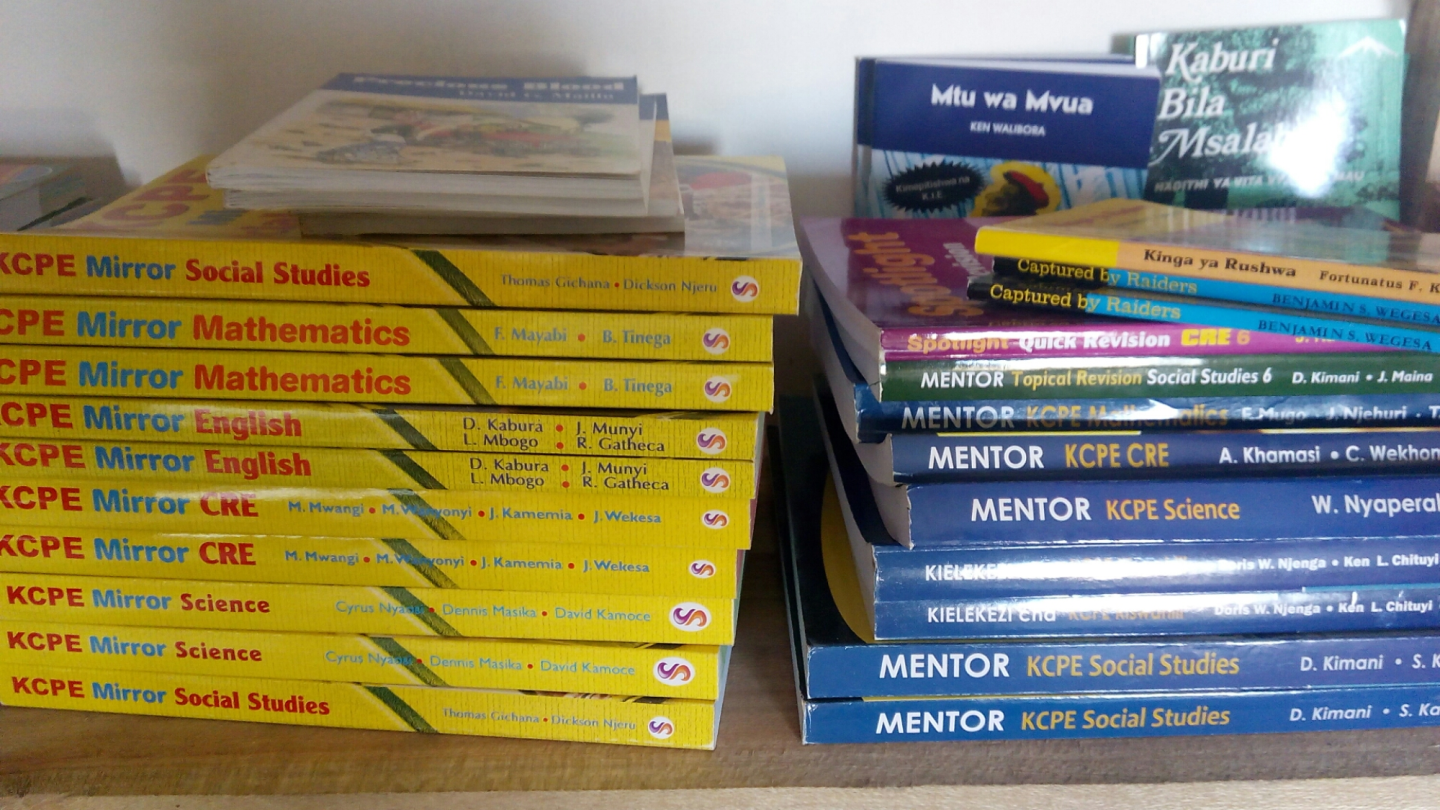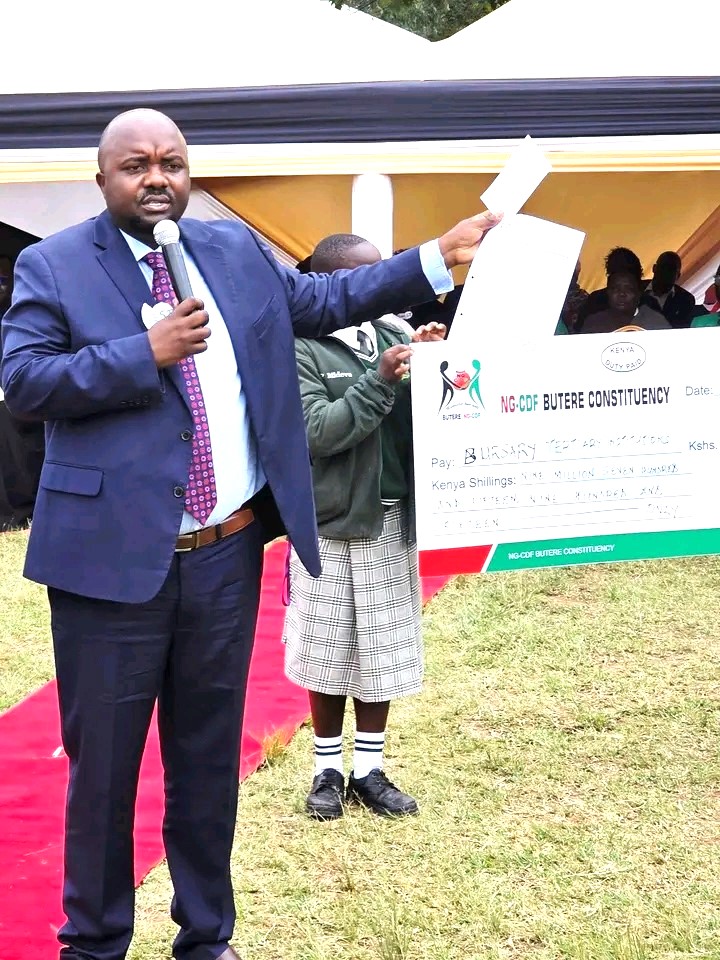Textbook publishers and printers have warned that learning materials for Senior School Grade 10 learners may not reach schools on time as the government struggle to settle the longstanding debt amounting to Ksh11 Billion.
According to the Kenya Publishers Association (KPA), the sector is grappling with an unpaid ksh11 billion owed for printing and publishing Grade 8 and 9 books since 2022.
KPA is calling on the government to make CBC textbook funding a priority in the national budget to enable smooth implementation of the Competency-Based Curriculum (CBC) as students prepare to move to senior school in January 2026.
The Association says failure to release funds will disrupt the education supply chain, as publishers and printers cannot continue production without payment. The delay also affects paper and paperboard manufacturers and importers who rely on consistent orders from the printing sub-sector.
The association highlights that the success of government efforts to provide textbooks to schools depends on timely production by publishers and printers.
“It is therefore paramount for the government to urgently clear the pending bills to prevent a potential textbook supply crisis in January 2026 when schools reopen,”
ALSO READ:
Stakeholders push for integrated agricultural CBE education in East Africa
KPA points out that the process of printing textbooks requires at least 60 days, with an additional 30 days needed for distribution, adding that late contract issuance disrupts cash flow, forcing both publishers and printers to turn to expensive credit facilities.
“This debt has severely strained the financial operations of printers and manufacturers, posing a significant risk to the continued rollout of the CBC curriculum, especially for Grade 10 learners expected to transition to senior school in January 2026,” Alando said.
In addition to urging prompt payments, KPA has recommended that all Kenya Institute of Curriculum Development (KICD) contracts come with Letters of Credit to guarantee coverage for publishers and printers.
The group also wants contracts issued promptly, taking into account the time required for printing and distribution.
Most paper used for textbooks is imported, and printers purchase raw materials months before contracts are awarded.
The Association also noted that in many cases, fully paid stock sits idle in warehouses for six months or more awaiting KICD’s allocation of printing jobs, creating unnecessary strain on cash flow.
“The standard credit period from suppliers is generally 90 days, starting from the Bill of Lading date.
By Juma Ndigo
You can also follow our social media pages on Twitter: Education News KE and Facebook: Education News Newspaper for timely updates.
>>> Click here to stay up-to-date with trending regional stories
>>> Click here to read more informed opinions on the country’s education landscape






